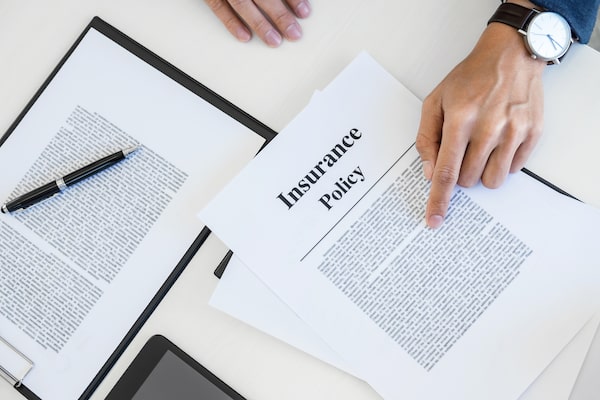
Pattanaphong Khuankaew/iStockPhoto / Getty Images
I backed into the front bumper of a parked car in a parking lot. It didn’t look serious. I was about to leave a note when the owner came back, so I told her what had happened. I was rattled since it’s my first accident in more than 30 years of driving. I gave her my insurance information and contact number, but I forgot to ask for hers. My insurance company called and said a claim had been started. I don’t want my rates to go up for years if it turns out to be just a minor repair. Can I pay her for the repairs myself instead of going through the insurance company? – Jeff, Alberta
Once an insurance claim has been started, you can usually change your mind and pay out of pocket. But, depending on your province, your rates might go up anyway, an insurance expert said.
“You can change your mind and pay the claim yourself,” Rob de Pruis, national director of consumer and industry relations with the Insurance Bureau of Canada (IBC), said in an email. “The at-fault driver could still have an at-fault collision listed on their profile.”
Generally, your rates only go up after a collision if you’re at fault – so if someone hits you, your rates shouldn’t take a hit.
Typically, the amount of the at-fault claim has no relation to the amount your rates will rise. Your payments will rise by a set amount, whether you tapped a car in the parking lot or totalled three cars on the highway.
But in most provinces, including Alberta, your insurance company can use any at-fault collisions they know about to set your rates – even if you paid for the damage yourself, de Pruis said.
“If your insurance company is notified, there could be implications to your insurance, like loss of a claims-free discount,” said de Pruis. “Depending on how many other claims you’ve had, there could also be a future impact [on your rates], as you could be viewed as a higher risk.”
The rate escape?
While that’s true in most provinces, there are exceptions. For instance, in Ontario, your rates will not go up after an at-fault crash if you pay for all the repairs yourself – as long as nobody was injured and the damage was less than $2,000 per car, de Pruis said.
“This provision is limited to one minor accident every three years,” he said.
Likewise, in British Columbia you can pay for at-fault claims yourself with no impact on your insurance rates – as long as the damage is less than $2,000, the Insurance Corporation of British Columbia (ICBC), the province’s government-owned insurance company, said in an email.
“A customer can change their mind and attempt to settle privately with the other party if a claim has already been filed, [but] the other party would need to agree to this option,” ICBC spokeswoman Lauren Champagne said in an email.
In most provinces, including Ontario, if somebody hits you, you go to your own insurance company and they handle the claim.
But if you’re at fault and the claim has already been started, you would likely have to ask your insurance company to ask the other driver’s insurance company whether that driver is interested in settling privately instead.
If you decide to pay out of pocket, realize that you will also have to pay for the other driver’s rental car while their car is in the shop.
“Handling a claim privately can make sense in some circumstances where vehicle damage is very minor – however, even damage that appears to be minor can be costly,” Champagne said. “Repairing small features such as sensors and cameras, which are common in newer vehicles, can add up.”
There are also risks to handling a claim privately, de Pruis said.
“The owner of the vehicle that was damaged can overcharge you for the repair – make sure that there are at least three estimates,” de Pruis said. “Some vehicle owners could also include pre-existing damage in the repair costs, which could inflate the repair estimate.”
Finally, the other driver could potentially take your cash but still make a claim through the insurance company “claiming vehicle damage costs twice,” he said.
Even if you decide to handle an at-fault claim privately, you should still tell your insurance company that you hit someone – or risk having your policy be cancelled if they find out, de Pruis said.
“Auto insurance policies commonly have a specific statutory condition that states you must notify your insurer where there is loss or damage to persons or property, or loss or damage to the automobile,” de Pruis said.
Have a driving question? Send it to globedrive@globeandmail.com and put ‘Driving Concerns’ in your subject line. Emails without the correct subject line may not be answered. Canada’s a big place, so let us know where you are so we can find the answer for your city and province.